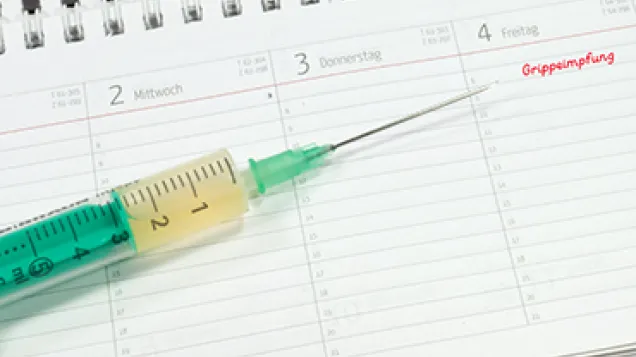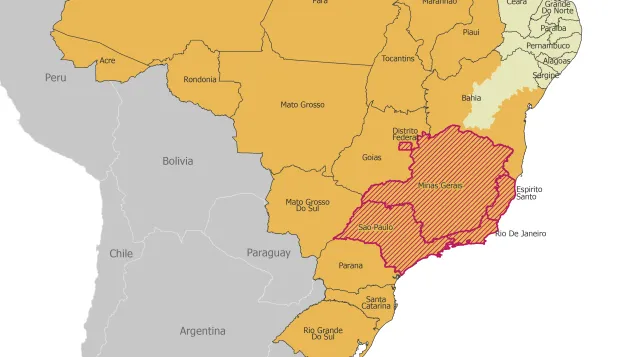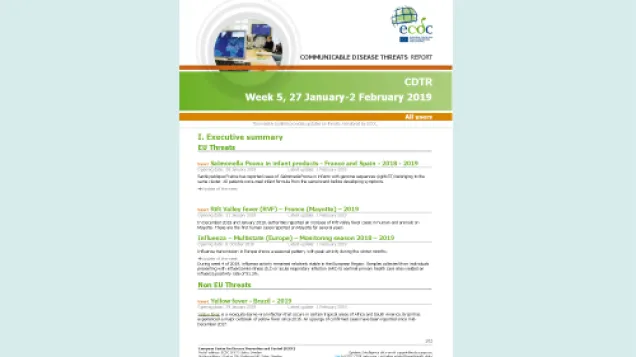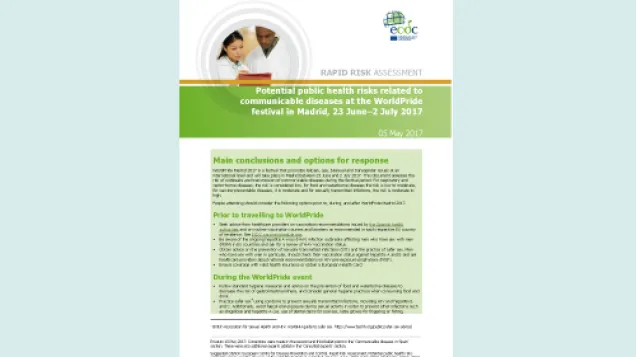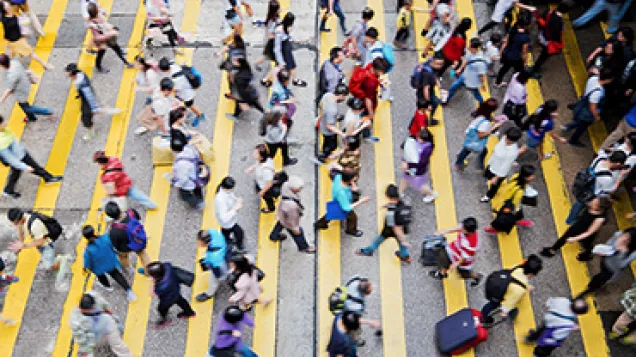Health risks during the Carnival season in Brazil
The celebration is very popular across Brazil in other cities and states such as Salvador da Bahia, Recife and Manaus. According to the International Air Transport Association, the number of travellers from the EU/EEA to Rio de Janeiro in 2017 was 467 000, mostly from Portugal, France and the UK.
During mass gathering events, the most common health risks are related to vaccine-preventable diseases, gastrointestinal illnesses and vector-borne diseases in favourable climate conditions.
Before the event
Prior to travel to Brazil, Carnival participants should ensure that all their vaccinations are up to date in accordance with the national immunisation schedule in their country of residence, particularly two doses of measles-containing vaccine (usually MMR), rubella, diphtheria, tetanus and polio. In addition, vaccination against hepatitis A, meningococcal ACWY vaccine, typhoid and yellow fever should also be considered.
According to the Brazilian Ministry of Health, there have been 12 confirmed and 116 suspected cases of yellow fever across the country since June 2018 as of 18 January 2019. Travellers to yellow fever risk areas, including the state of Rio de Janeiro, should consult their healthcare provider before the trip and receive the yellow fever vaccine at least 10 days before travelling (unless vaccination is contraindicated). They should also follow measures to avoid mosquito bites and be aware of yellow fever symptoms.
Brazil reported 174 724 confirmed cases of dengue in 2018. There were approximately 90 000 probable cases of chikungunya virus disease, with almost half of them reported in Rio de Janeiro. In addition, approximately 8 000 probable cases of Zika virus disease were reported in Brazil, including over 2 000 cases in Rio de Janeiro.
Over 10 000 confirmed cases of measles were reported in 2018 in Brazil, mainly from the states of Amazonas and Roraima, including 19 cases reported in Rio de Janeiro.
During the event
Rio Carnival participants are advised to follow good hygiene practices and preventive measures on mosquito bites. Preventive measures are necessary to reduce the risk of exposure to yellow fever, Zika virus disease, dengue, chikungunya virus disease and malaria.
Safe sex practices and the use of condoms should be promoted in order to avoid sexually transmitted infections such as gonorrhoea, syphilis, HIV and hepatitis B and C. More information on safe sex is available here. Travellers should consult their healthcare provider regarding vaccination against hepatitis B.
After the event
In the event of falling ill upon return, travellers should report their stay in Brazil to their physician. Travellers who require hospitalisation in the EU after hospitalisation in Brazil should report their previous stay so as not to delay the possible ascertainment of recent healthcare-associated infections.
ECDC will closely monitor the event through routine epidemic intelligence activities.
Featured
Share this page

